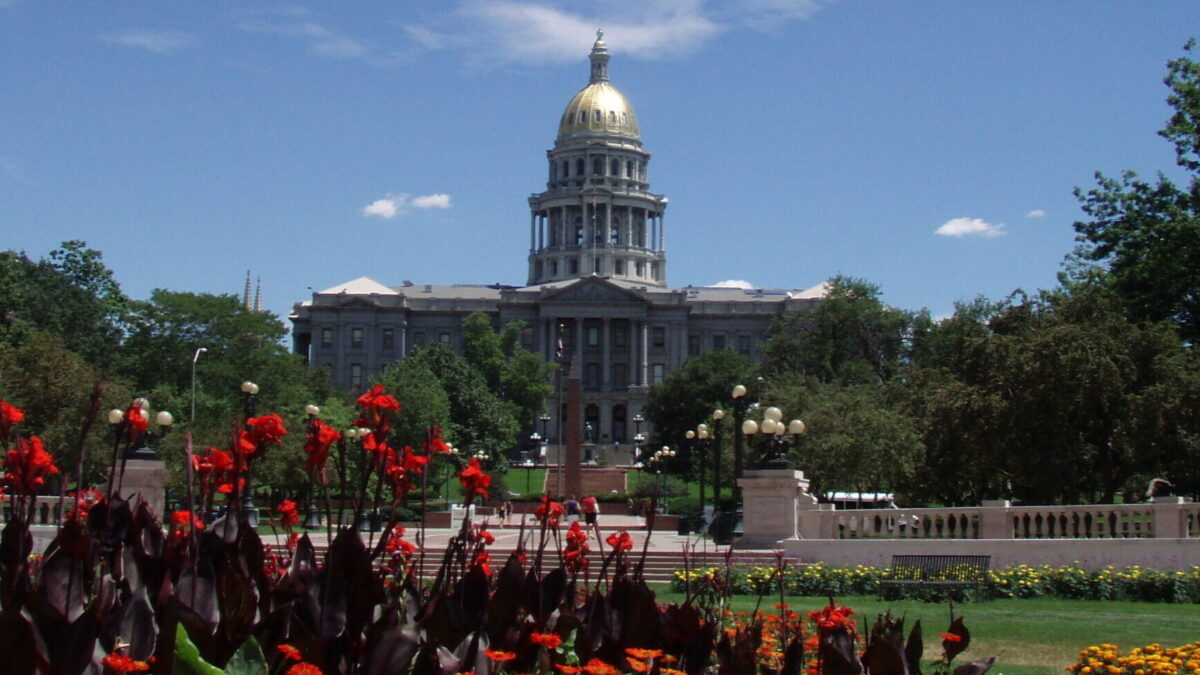
In releasing the framework for their $3.5 trillion spending bill, Democrats claimed their legislation would include language to “prohibit tax increases on…small businesses.” But the budget Democrats passed includes no such prohibition, and it’s not difficult to understand why.
President Biden—who has used questionable tactics to reduce his family’s tax bills by nearly $517,000 over the past four years—has proposed raising taxes on millions of businesses, most of them small firms. And Senate Finance Committee Chairman Ron Wyden, D-Oregon, included a proposal for similar revenue hikes in a menu of potential tax increases he recently released.
It’s but one example of how the tax hikes funding (part of) Democrats’ $3.5 trillion spending binge will crush economic growth in the private sector, even as government continues to explode with the gusher of new spending.
Joe Biden’s Tax Dodging
Both issues relate to S-corporations, in which the business’ income gets passed through to the owners’ federal tax returns. Under current law, S-corporation owners pay themselves salaries, and can receive profit distributions from the corporation at year’s end. While the salaries are subject to full income and payroll taxes, the profit distributions are exempt from federal payroll taxes.
This policy makes sense for many small businesses—for instance, a local pizza parlor or a small manufacturer. Because these businesses face so many variables—costs for utilities and supplies, and uncertain demand, among others—these owners pay themselves salaries not knowing whether they will earn a profit at year’s end or not.
Biden and his wife Jill used this system to avoid paying more than half a million dollars in payroll taxes. They each established S-corporations, the CelticCapri Corporation and the Giacoppa Corporation, to characterize more than $13.6 million in book and speech income as corporate profits rather than wages. These tactics, which Jill Biden used as recently as last year, allowed them to avoid more than $394,000 in Medicare payroll taxes, along with an additional $122,000 in payroll taxes imposed by Obamacare.
The Bidens’ tactics are not per se illegal; politicians of both parties have used it, giving it the term the “Gingrich-Edwards loophole.” But the liberal Tax Policy Center called their maneuvers “pretty aggressive” and legally questionable.
Given that Biden received a reported $8 million book advance in 2017, and $9.6 million in total income, his salary that year of only $145,833 would appear to violate IRS requirements that corporate owners pay themselves “reasonable compensation” in salary, rather than receiving most or all of their income as corporate profits exempt from payroll taxes.
Tax Increases on Millions of Businesses
Treasury Secretary Janet Yellen, who notably did not use the “Gingrich-Edwards loophole” to avoid payroll taxes on her own speech earnings, has yet to comment on whether the Biden administration’s push to target wealthy tax scofflaws will prompt an IRS audit of Biden’s pre-presidential returns. But the Treasury Green Book released with the Biden budget did propose making “all trade or business income of high-income taxpayers” subject to the 3.8 percent payroll tax—2.9 percent of which funds Medicare, and 0.9 percent of which was created by Obamacare.
Treasury estimates the S-corporation changes would generate $236.5 billion in revenue—and it’s easy to see why. According to the most recent IRS statistics, roughly one-third of American S-corporations reported enough corporate earnings to meet the Biden administration’s definition of “high-income.” That means the owners of 1.5 million S-corporations, many of them small businesses, could become subject to a 3.8 percent tax increase as part of Democrats’ cash grab to fund their welfare state expansion.
Treasury justifies these changes by calling the exemption of S-corporation profits from the payroll tax “unfair [and] inefficient,” claiming that the “reasonable compensation” test is “a challenge for the IRS to administer” because it requires a detailed analysis of individual circumstances. In other words, because people like Joe Biden exploited this provision to lower their tax bills, Joe Biden would raise taxes on countless other firms.
What’s really unfair is a president who, having indulged in questionable tax maneuvers to build a personal fortune, now wants to stick it to the enterprises that are the engine of job creation. Double standards, crushing taxes on businesses, lower growth, and fewer jobs—that’s Joe Biden’s America.









